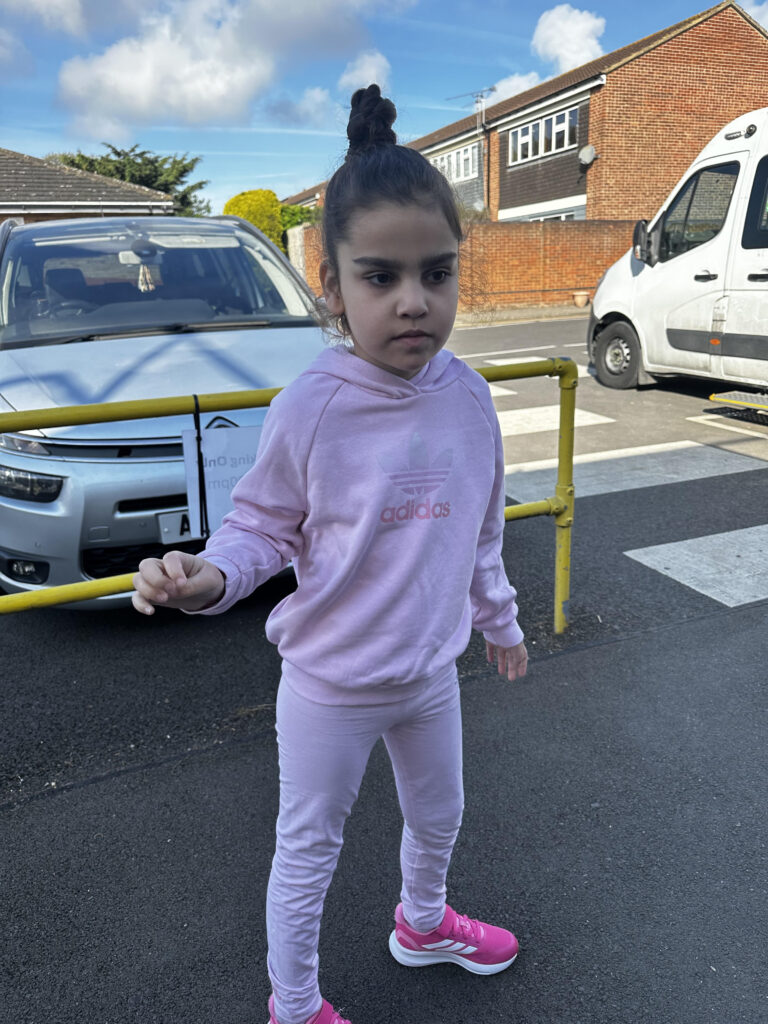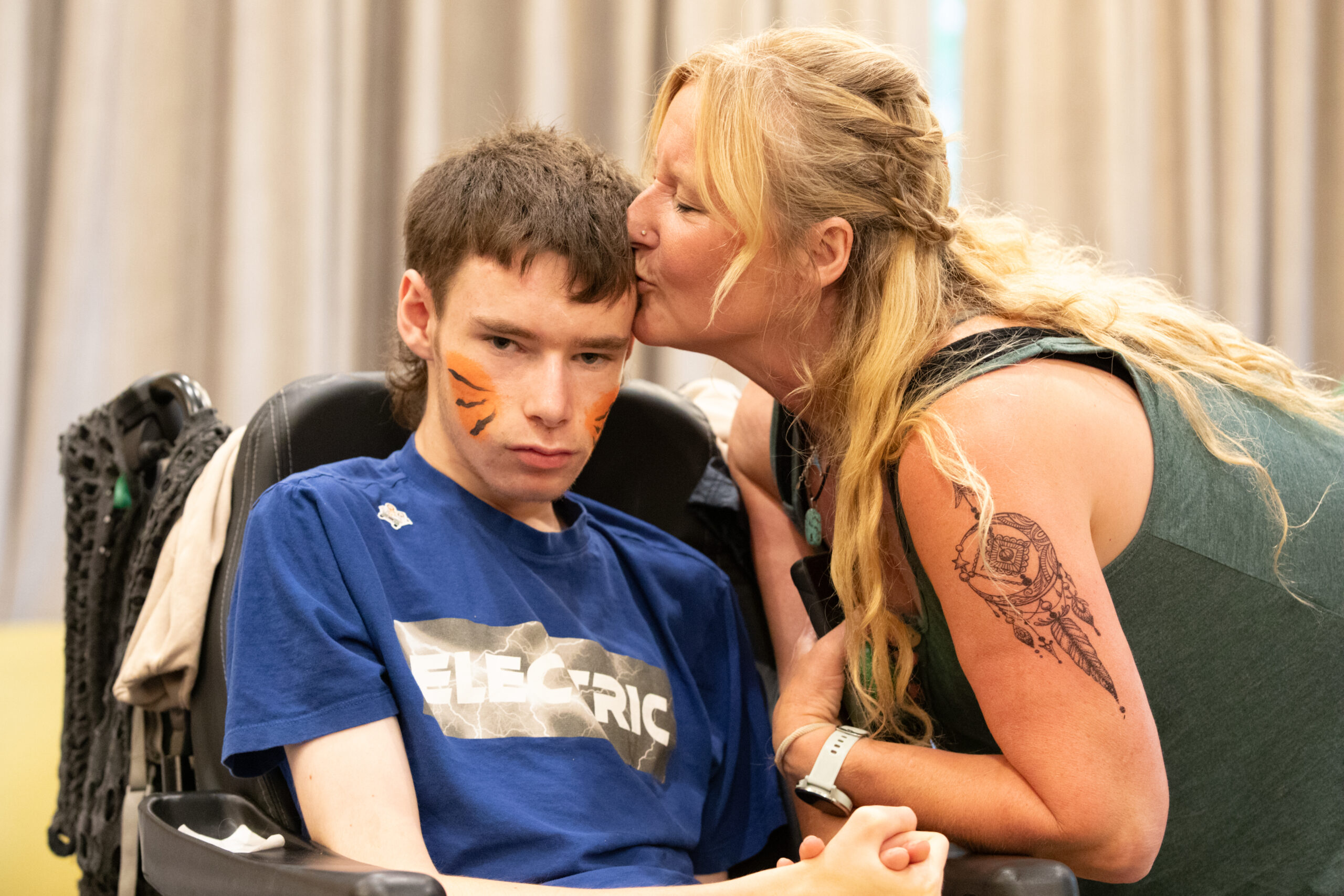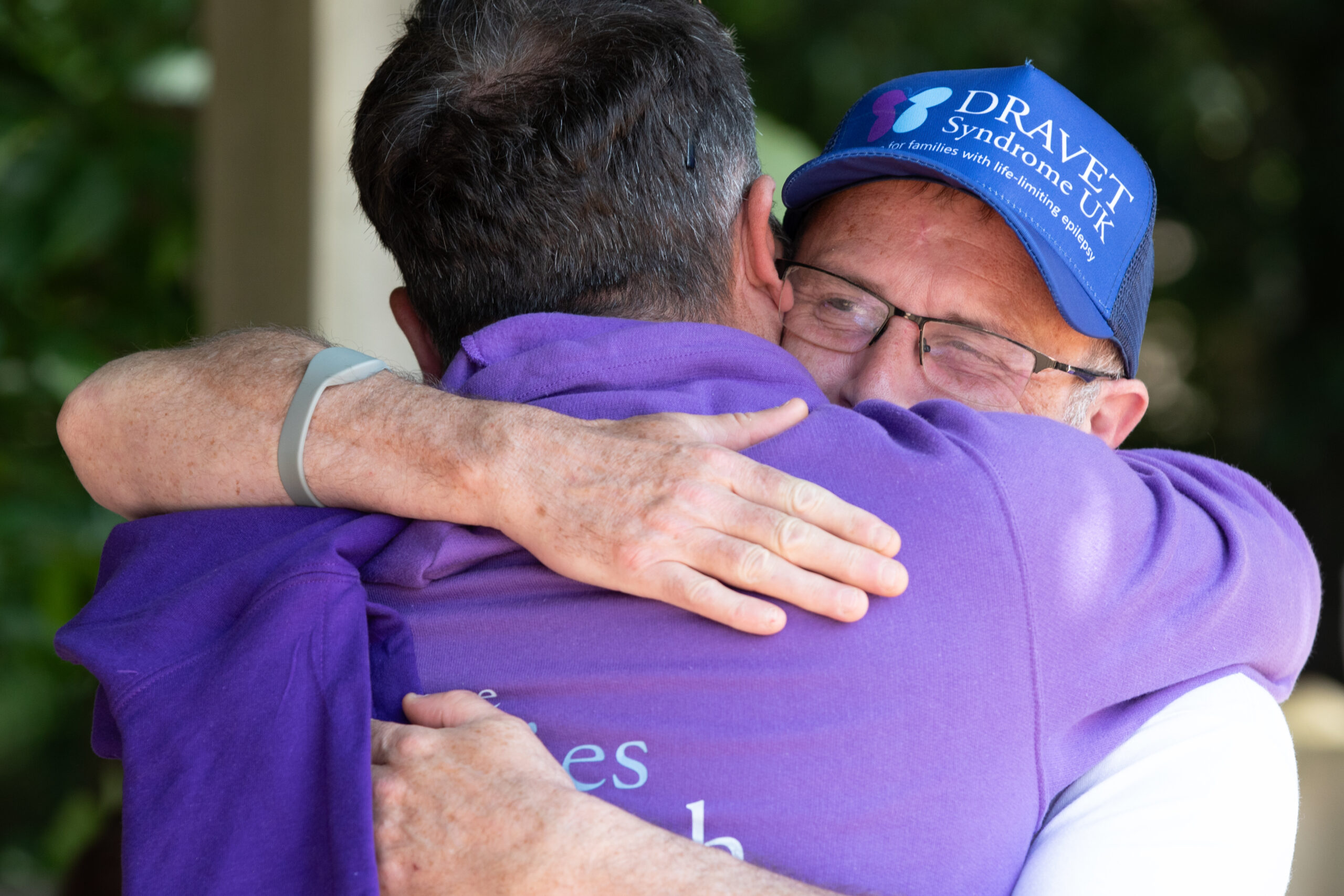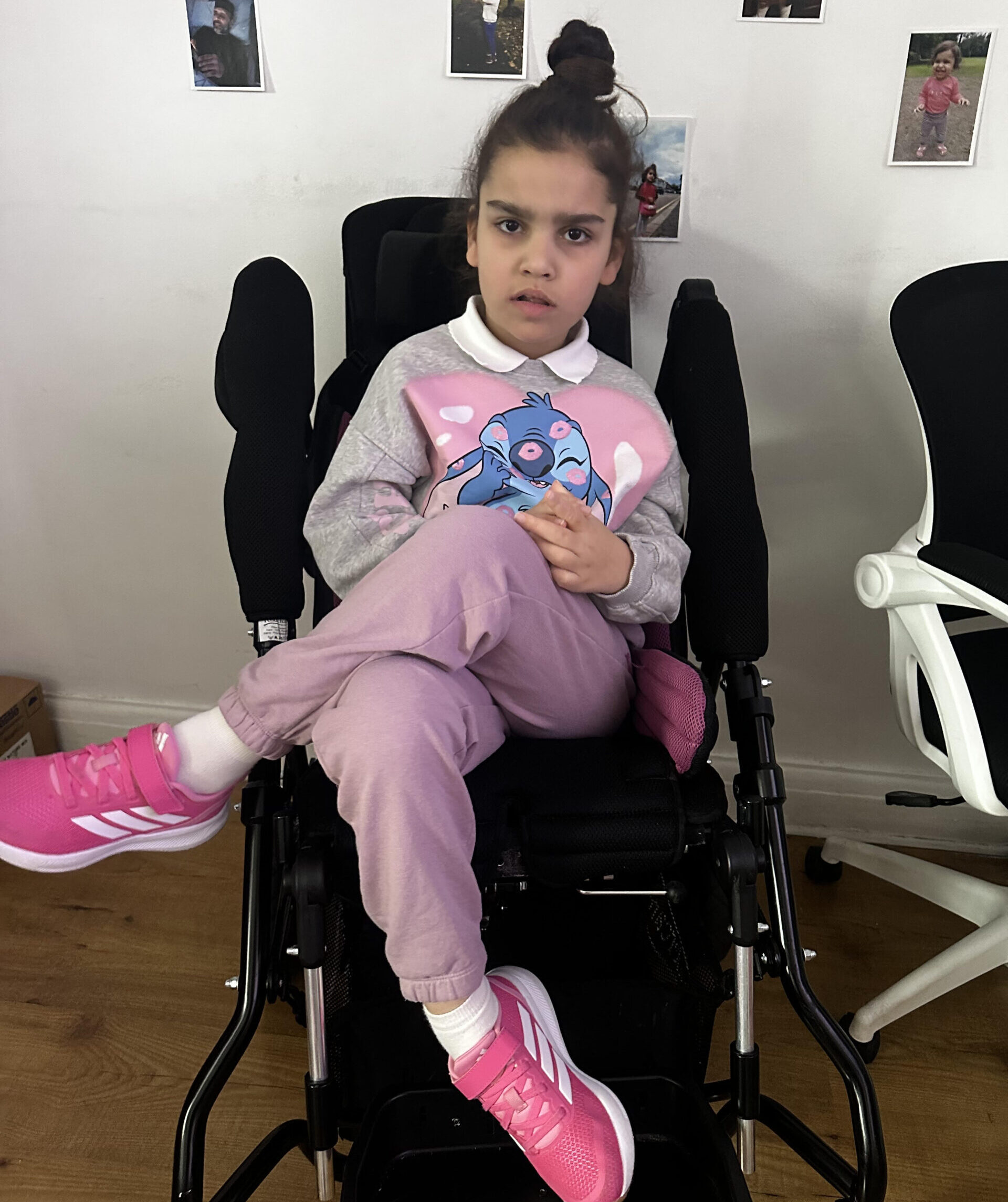First Presentation
The first time Sofia had a seizure was at nine months old and we were living in Lithuania. She was rushed to hospital and was there for 24 hours. It was so frightening. There was no mention at that stage of Dravet.
Gaining a diagnosis
She was finally diagnosed when she was two. She had genetic tests done here in the UK and in Lithuania and they both came back positive. I’d never heard of Dravet Syndrome and the consultant said to look it up online and what I read was so frightening.
Challenges
Over the seven years that followed, we probably called 999 well over 40 times and it varied how long she was in hospital. She was in intensive care eight times.
Sophia’s seizures were very long, they could last an hour or two, so we would always have to call for an ambulance. Often the medics we saw hadn’t heard of Dravet, and the paramedics would be looking it up on the way to the hospital. It’s very scary as the medications for Dravet are not the same as for other kinds of epilepsy.
Sometimes I would sense if Sophia was going to have a seizure, just small changes in her behaviour, but mostly it was a surprise, and we could be anywhere. Twice it happened in the car and twice in school. It was very frightening, and you panic.
Up until July 2024, Sophia had not had a seizure for nearly a year. She was thriving at school and her behaviour was different, she was much happier. The last time she had been in intensive care was December 2022.
She was at a mainstream school and had some support due to her learning disability. She could only say a few words, but she understood a lot more and in different languages. She understood Lithuanian, which is my first language and where I’m from. And she also understood some Polish as her grandfather is Polish and some Russian too.
The day things changed
In July 2024, everything changed. Sofia developed a fever, which we knew could trigger a seizure. This time, the seizure lasted about 45 minutes. We immediately called an ambulance, and she was rushed to our local hospital. There, they had to intubate her and she spent about 24 hours in intensive care. Usually, after such episodes, Sofia would come back to herself within a day, but this time was different. She didn’t recover as she had before.
Doctors ran tests, including an MRI, and told us her brain had been damaged. They said she would never walk again, that she might only be able to sit up in bed and would be severely disabled. Hearing this was utterly heartbreaking. We spent four months in the hospital, not knowing what the future would hold.
Rehabilitation and hope
During those months, Sofia’s mood would change from day to day—sometimes happy, sometimes distressed. The hospital therapists referred us to The Children’s Trust for specialist rehabilitation. We stayed there from November 2024 to mid-February 2025. Sofia’s days were packed with physiotherapy, occupational therapy, speech and language therapy, and more. The progress was slow at first—she couldn’t sit or hold her head up without support.
Then, one day, she sat up in bed by herself. It felt like a miracle. Gradually, she regained more abilities. By the time we returned home, Sofia was walking again. Seeing her walk after everything we had been told was nothing short of amazing.
Returning home and to school
Sofia started attending a special school for children with disabilities at the end of March 2025. She loves it—she’s happy to be around other people and enjoys the activities. She never liked sitting at home before, and that hasn’t changed. Going to school gives her joy and gives me a little time to myself, which is so important when you are caring 24/7.

Daily life
Life at home is very different now. Sofia needs a lot of care. She can’t eat by herself and had surgery in October 2024 to fit a feeding tube (PEG). She has adapted well, but it’s a big change for us as a family. We have 24-hour carers at home to help because Sofia is so active and can’t be left alone—even for a moment. She spends part of her day in a wheelchair, and we have routines for feeding, washing, and keeping her safe. Going out is difficult because of all the equipment and her care needs.
We’ve had ups and downs with the care support. When we first came home, I wanted time alone with Sofia after eight months of being in hospital, but carers started arriving at our door unexpectedly. It felt like I had no control over our home. Over time, we’ve found a few carers we trust, but it’s been a struggle. The process of getting the right equipment and support is slow and stressful. We are currently awaiting a special bed for Sofia to keep her safe when she is sleeping at night and to prevent her falling out of her bed.
Emotional impact
The pain of what happened never really goes away. Some days I feel better, other days I feel broken. The memories are always there. My family isn’t in this country, and at first, I didn’t want to talk to anyone. There were too many questions and no answers. What matters most is that Sofia is here—I can hug her, kiss her, and enjoy every minute we have together.

Accessing emotional support
Dravet Syndrome is a life-changing condition. Having a family member with Dravet Syndrome affects the entire family and can impact many areas of life that most families take for granted. If you're looking for emotional support, we're here to help.
Support from DSUK
I want to help raise awareness because there might be other families where the child is not diagnosed yet, or who might be on the wrong treatment. Also, they can be put in touch with other families who are in a similar situation, and they’ll be able to get support from Dravet Syndrome UK. The charity has been great, as well as support, they have given us a monitor to alert us if Sophia is having a seizure at night and other equipment.
Looking forward
Sofia still has absence seizures—sometimes 10, 15, or even 20 a day—but she hasn’t had another big seizure since last July. Her medication has been adjusted, and we have better control now, as long as she doesn’t get a fever or infection. I miss the Sofia from before—her talking, her hugs and her laughter. Home is quieter now, but she’s still my little sunshine.
We take things day by day. Sofia’s resilience inspires me, and I’m grateful for every small step forward. Our journey isn’t easy, but we keep going, together.

Looking for support on your Dravet Journey?
If you're not already part of the Dravet Syndrome UK community and are a family navigating life with Dravet Syndrome in the UK, we'd love to welcome and support you in whatever way you need. Just head to the link below and register to join.

